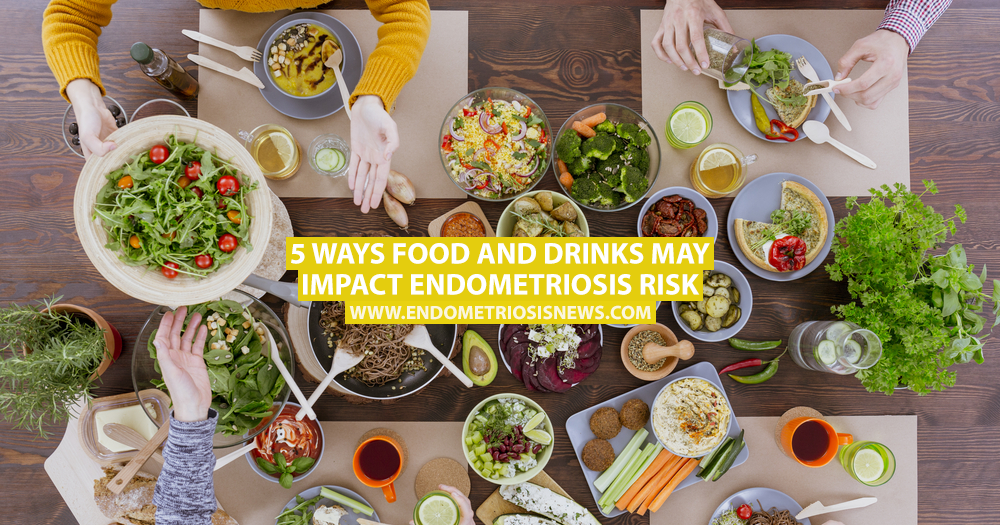According to the Physicians Committee for Responsible Medicine, while food does not cause endometriosis, certain foods could increase a woman’s risk of developing the disease. On the contrary, vegetables and fruits improve health and can decrease the risk or the severity of endometriosis.
1. Caffeine
According to a study at the Harvard School of Public Health, women who drank two or more cups of caffeinated coffee, or its equivalent in cans of coke (four), per day were found to have double the risk of developing endometriosis. Researchers have no idea why caffeine has this effect.
2. Red Meat
Some studies suggest that frequent consumption of red meat and ham is associated with endometriosis risk. The Physicians Committee for Responsible Medicine explains, “in an Italian population, women who ate at least seven servings of red meat per week had twice the risk of endometriosis compared with those who ate fewer than three servings of red meat weekly.”
3. Fruit and Vegetables
On the other hand, fruit and vegetables seem to have a protective effect against endometriosis as mentioned by the Physicians Committee for Responsible Medicine, “Women having 14 or more servings per week of green vegetables had a 70 percent lower risk of endometriosis compared with those ate fewer than six servings per week. And those eating 14 or more servings of fruit per week had a 20 percent lower risk compared to women who had fewer than six servings per week.”
MORE: What you need to know about endometriosis pain
4. Alcohol
Compared to women with good health and women with some gynecological problems, it appears that women who drink alcohol on a regular basis might have a greater incidence of endometriosis.
For women struggling with infertility, the risk of endometriosis was up to 50 percent higher in those who drank alcohol versus those who didn’t.
5. PCBs
A 2005 study showed that consuming foods tainted with certain chemicals, including polychlorinated biphenyls (PCBs) commonly used in agriculture, might heighten the risk of endometriosis.
These toxins usually accumulate in animal fat, meaning humans can be exposed through eating meats, fish and dairy products. The Physicians Committee for Responsible Medicine explains, “chickens, cattle, pigs, and other animals fed grains treated with pesticides and sometimes contaminated with other organochlorines tend to concentrate these compounds in their muscle tissues and milk. While there may also be organochlorine pesticide residues on nonorganic fruits or vegetables, they are less concentrated and easier to remove.”
It’s for this reason, some doctors advise choosing organic produce that grows without chemical pesticides.
MORE: What you need to know about endometriosis surgery
Endometriosis News is strictly a news and information website about the disease. It does not provide medical advice, diagnosis or treatment. This content is not intended to be a substitute for professional medical advice, diagnosis, or treatment. Always seek the advice of your physician or other qualified health provider with any questions you may have regarding a medical condition. Never disregard professional medical advice or delay in seeking it because of something you have read on this website.

